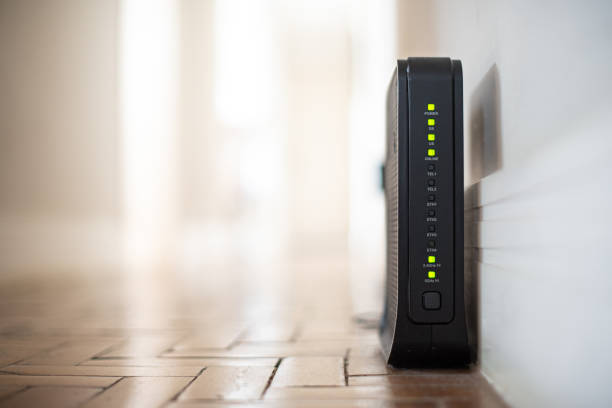A Guide To Choosing Internet Plans For Seniors Over 60
Selecting the right internet plan becomes increasingly important as we age, especially when considering factors like budget constraints, technical support needs, and varying usage patterns. Seniors over 60 often have different internet requirements compared to younger users, focusing more on reliability, customer service quality, and value for money rather than ultra-high speeds. Understanding the available options, from basic broadband to fiber connections, can help make an informed decision that meets both current needs and future requirements.

The digital landscape has transformed how we communicate, access information, and manage daily tasks. For seniors over 60, having reliable internet access has become essential for staying connected with family, managing healthcare appointments, and accessing entertainment. However, navigating the complex world of internet service providers and plan options can feel overwhelming without proper guidance.
How can seniors find affordable internet plans in 2025
Finding budget-friendly internet options requires research and understanding of available discount programs. Many internet service providers offer special pricing for seniors, though these programs may not be widely advertised. Government assistance programs like the Affordable Connectivity Program provide monthly discounts for qualifying households, reducing internet costs by up to $30 per month.
Comparing plans across different providers reveals significant price variations for similar services. Basic broadband plans typically range from $20 to $50 monthly, while higher-speed options can cost $60 to $100 or more. Seniors should evaluate their actual usage needs rather than automatically choosing the fastest available speeds, as moderate speeds often suffice for email, video calls, and streaming.
Internet providers offering suitable internet plans for seniors
Several major providers have recognized the growing senior market and developed tailored offerings. These plans often emphasize reliability, customer support, and straightforward pricing over cutting-edge speeds. Some providers offer simplified billing, enhanced technical support, and equipment that’s easier to set up and maintain.
Regional providers sometimes offer more personalized service and competitive pricing compared to national chains. Credit unions and community organizations occasionally partner with internet providers to offer member discounts, making it worthwhile to explore local options beyond the most recognizable brand names.
Key points seniors should consider when choosing an internet provider
Reliability should take priority over speed for most senior users. Consistent connection quality matters more than peak download speeds, especially for activities like video calling with grandchildren or accessing online banking. Reading customer reviews specifically from other seniors can provide valuable insights into real-world performance and service quality.
Customer support accessibility is crucial, particularly for users who may need technical assistance. Providers offering phone support during extended hours, in-person assistance, or simplified troubleshooting guides demonstrate commitment to serving senior customers effectively. Some companies provide free installation and setup services, eliminating technical barriers that might otherwise discourage seniors from upgrading their internet service.
Contract terms deserve careful attention, as some providers offer month-to-month plans while others require annual commitments. Seniors on fixed incomes may prefer the flexibility of no-contract options, even if monthly rates are slightly higher. Understanding data limits, if any, prevents unexpected overage charges that could strain household budgets.
| Provider Type | Speed Range | Monthly Cost Estimation | Key Features |
|---|---|---|---|
| Cable Internet | 25-100 Mbps | $30-$60 | Widely available, reliable |
| Fiber Internet | 50-1000 Mbps | $40-$80 | Fast speeds, consistent performance |
| DSL Internet | 5-25 Mbps | $20-$40 | Budget-friendly, basic needs |
| Fixed Wireless | 10-50 Mbps | $35-$55 | Rural availability, weather dependent |
Prices, rates, or cost estimates mentioned in this article are based on the latest available information but may change over time. Independent research is advised before making financial decisions.
Equipment costs and rental fees can significantly impact total monthly expenses. Some providers include modem and router rental in their base pricing, while others charge additional monthly fees ranging from $5 to $15. Purchasing equipment outright may save money long-term, though seniors should consider whether they’re comfortable with self-installation and basic troubleshooting.
Making an informed internet plan choice involves balancing cost, reliability, and support quality rather than simply selecting the cheapest or fastest option available. Seniors benefit from taking time to assess their specific needs, research local providers, and ask detailed questions about pricing, support, and contract terms before committing to any service agreement.




